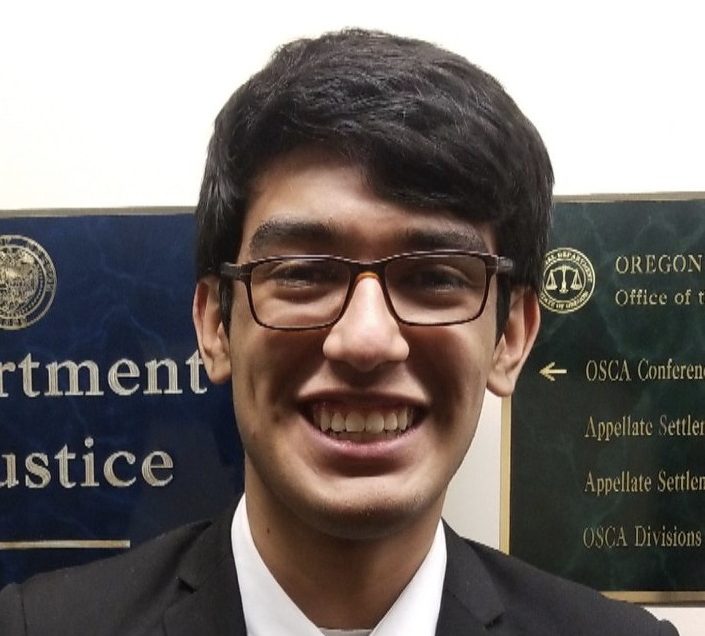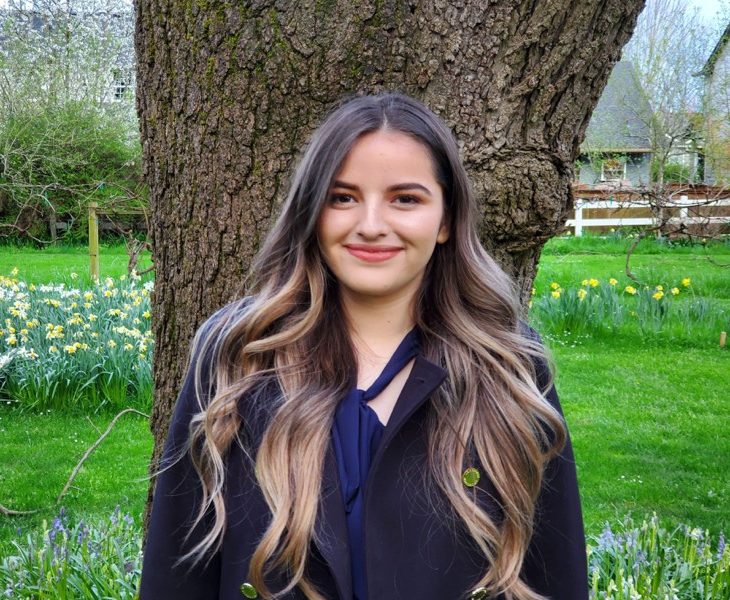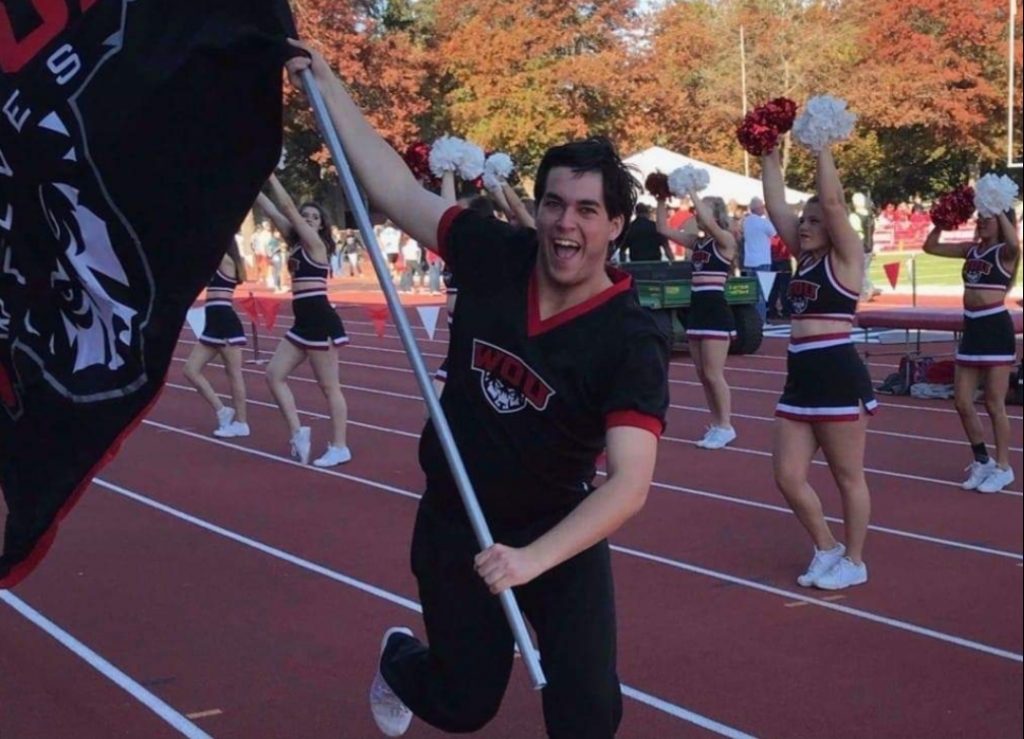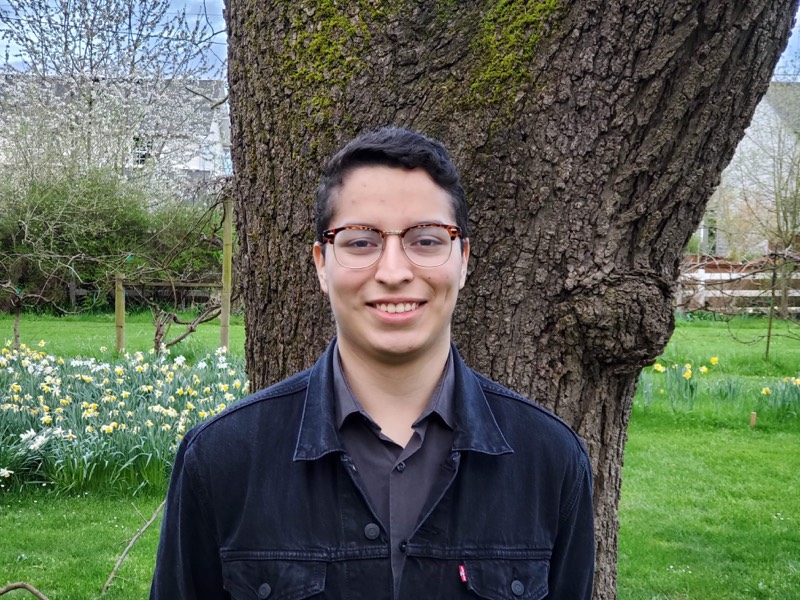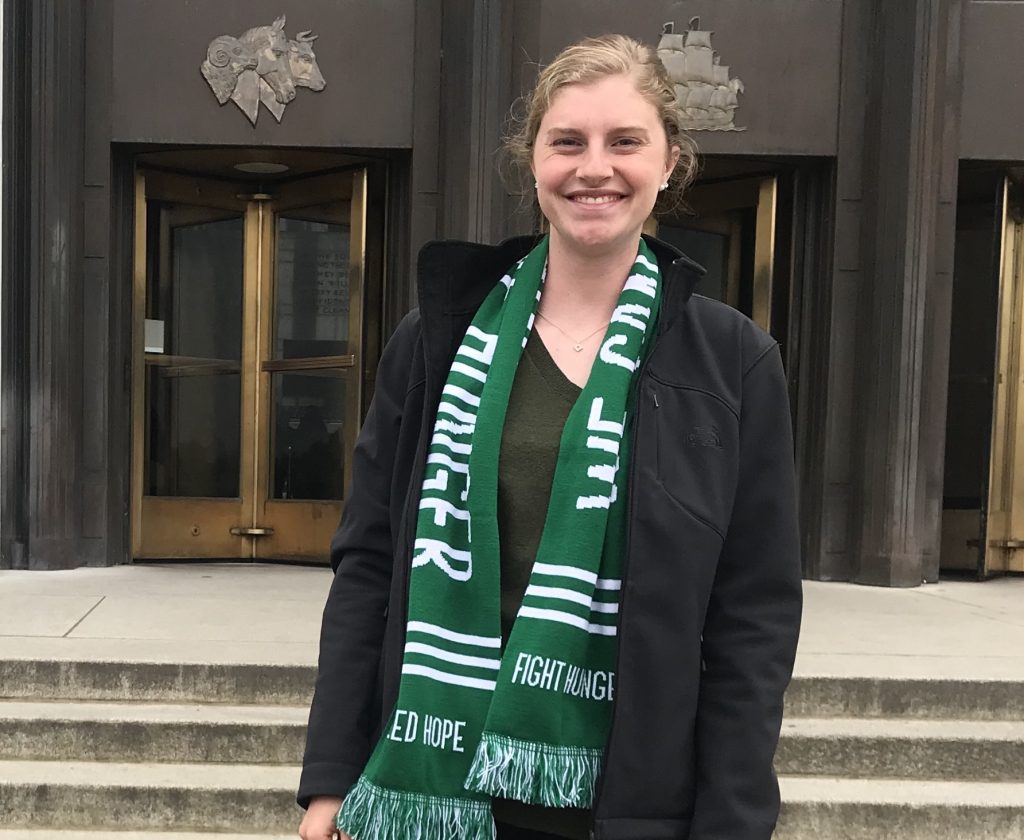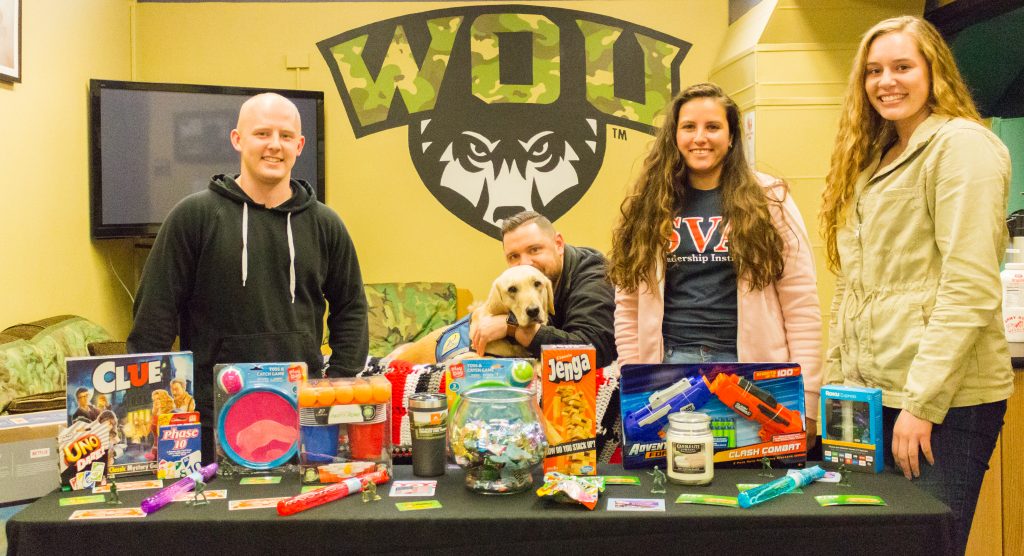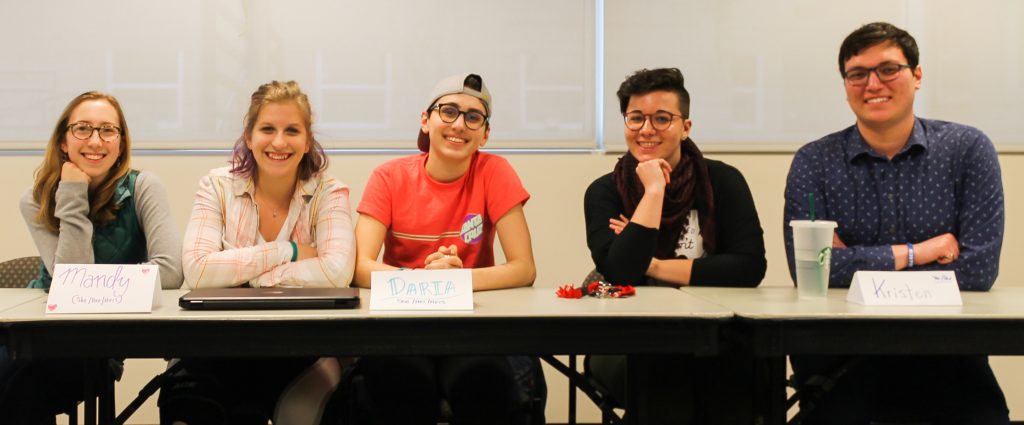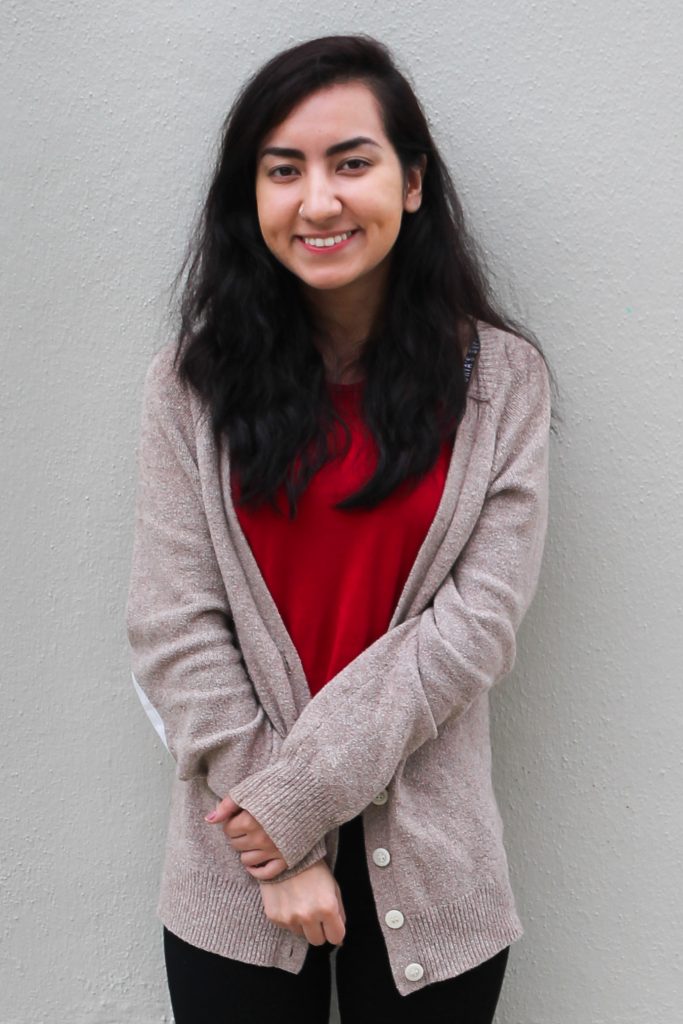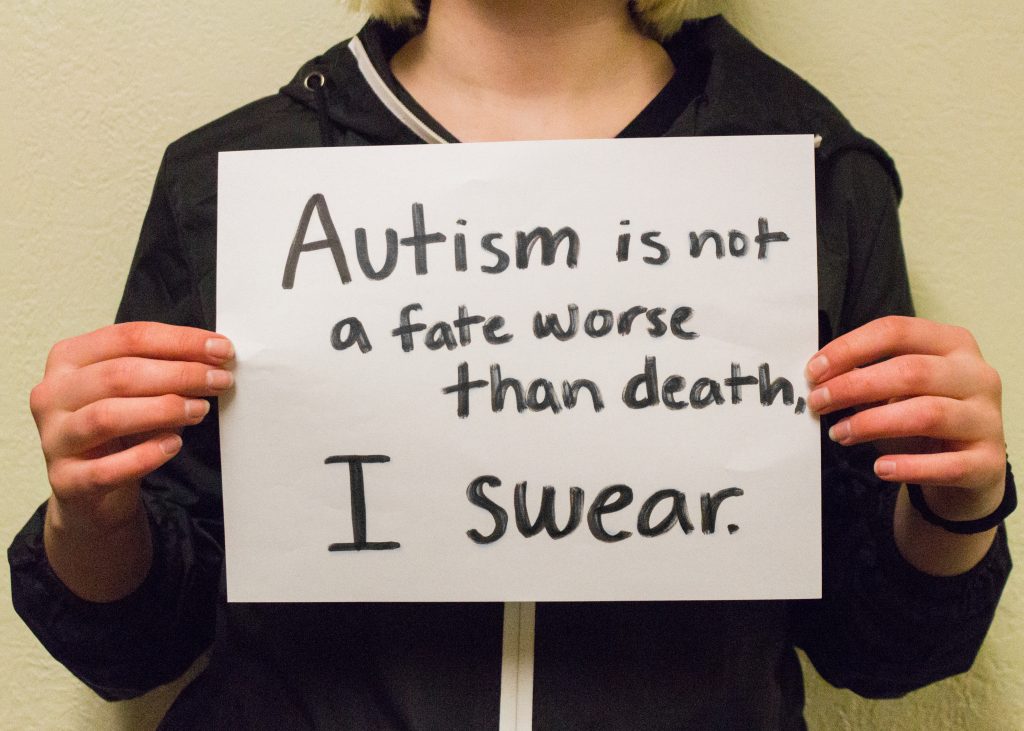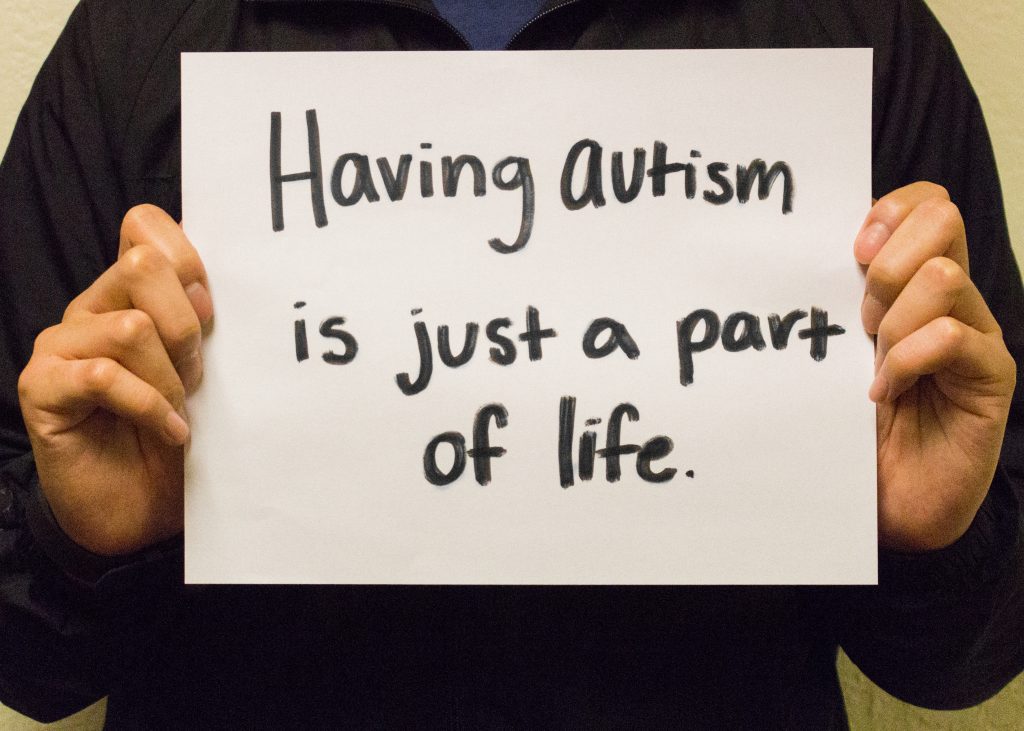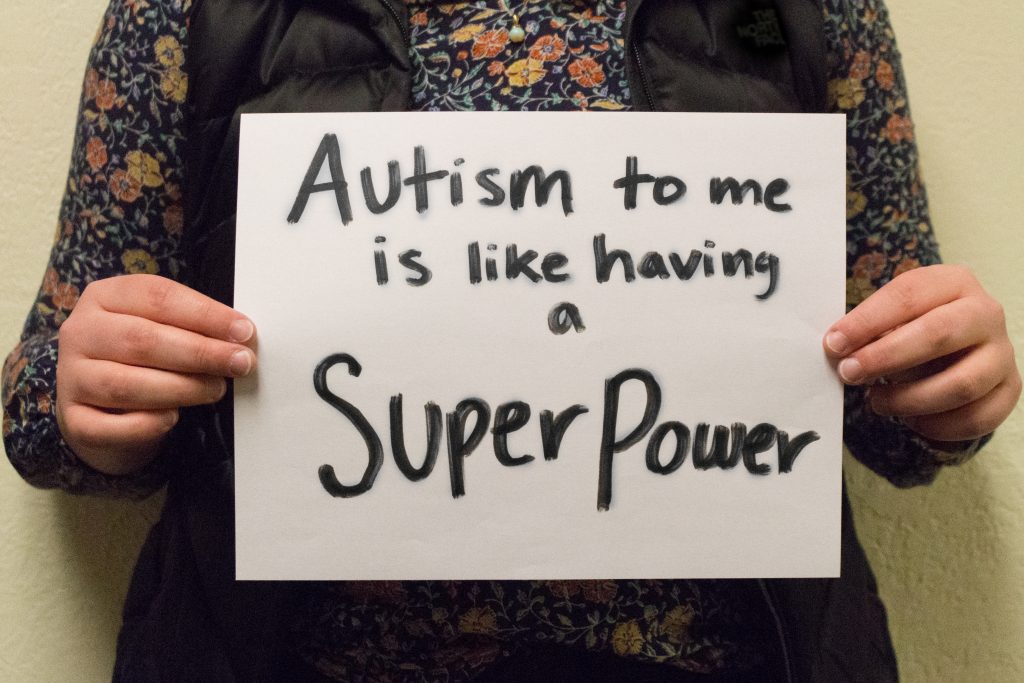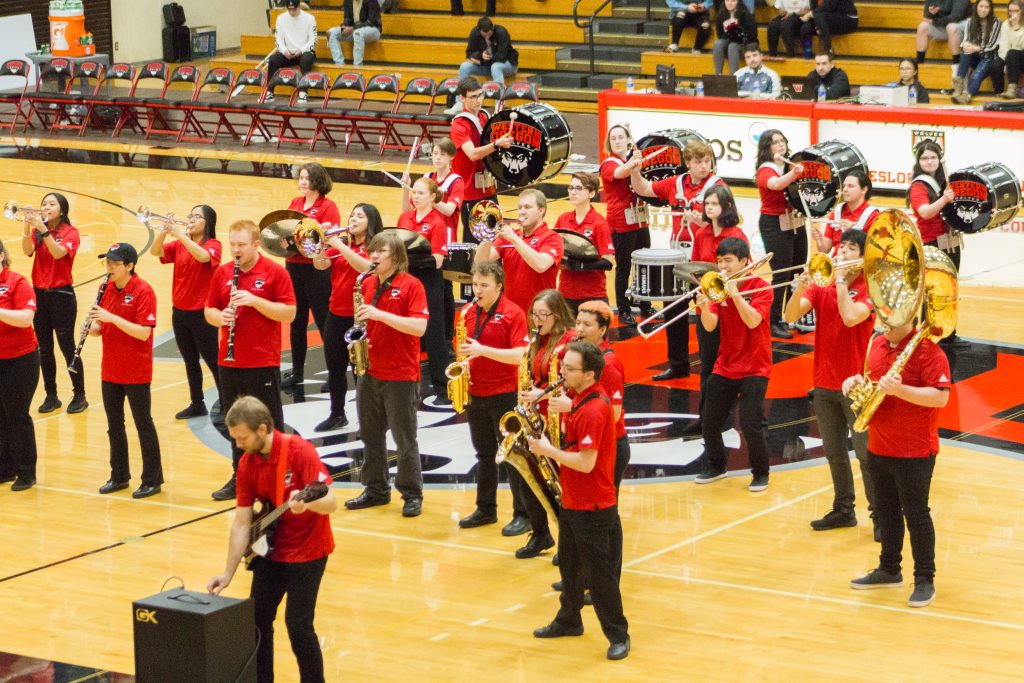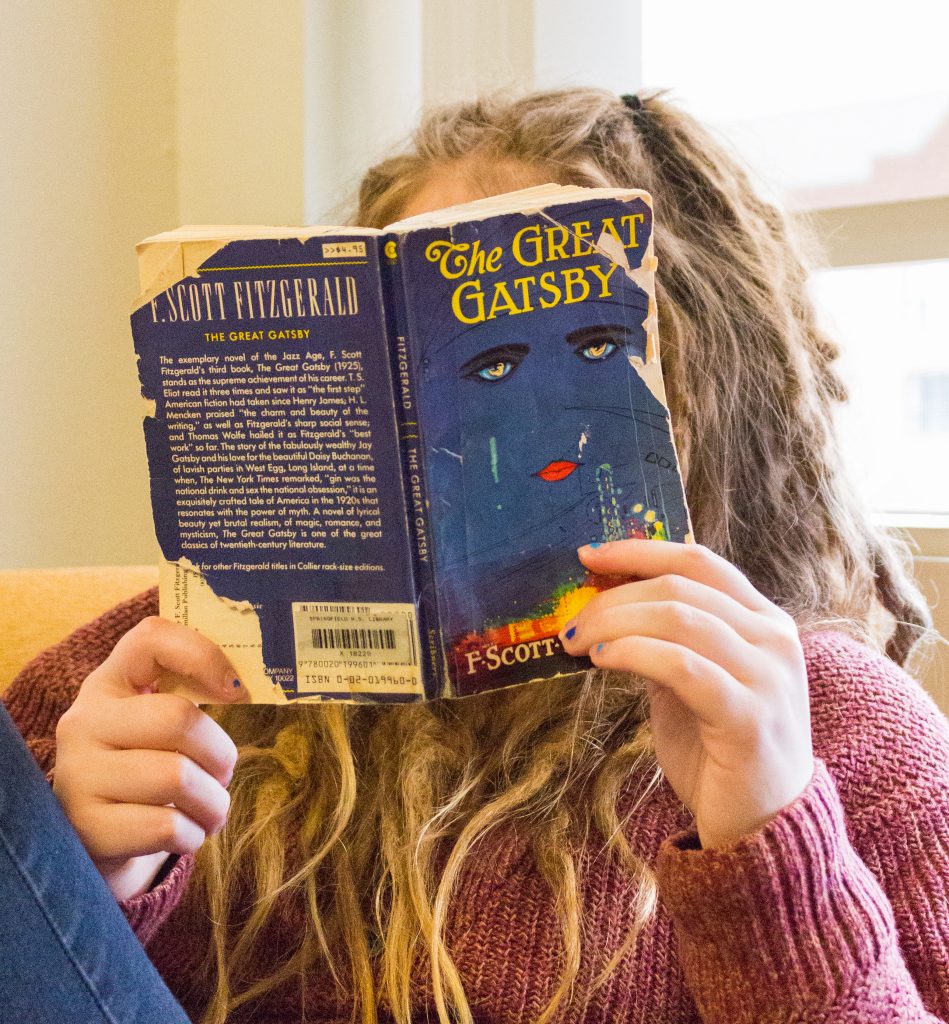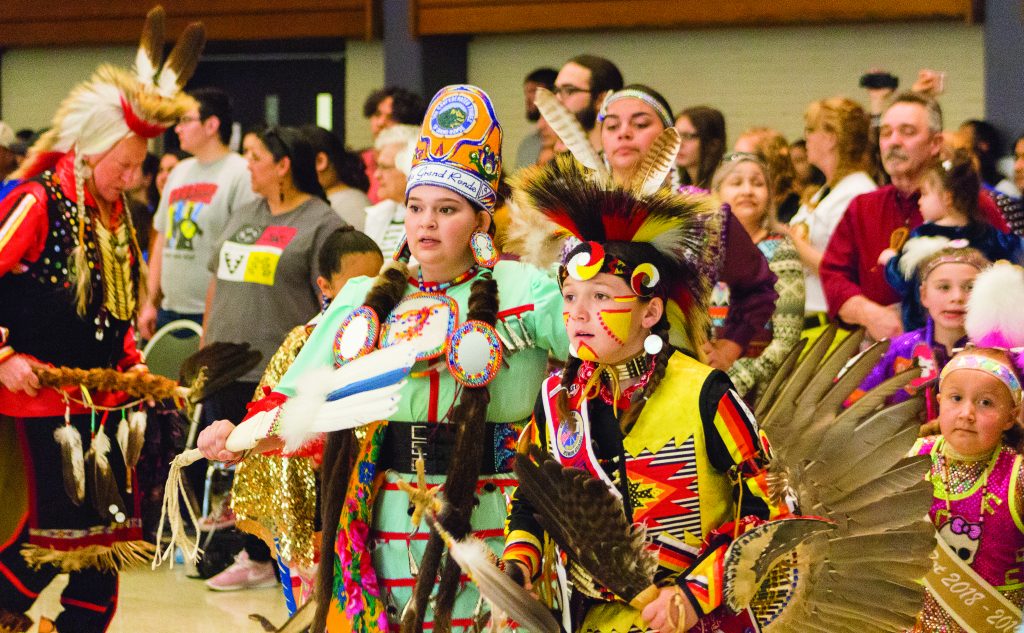
Bailey Thompson | News Editor
From the moment that the First Grand Entrance began, the energy within the Werner University Center’s Pacific Room was lively and infectious. Dancers both young and old joined together on April 27 for the 26th Annual Pow Wow held at Western, a time meant to celebrate the Native American culture and community.
Before anything else could happen, a few of the community’s elders burned sage to cleanse the arena, walking slowly past the crowd so attendees could take in the sage and direct it up over their heads to rid them of any negative energy.
On top of this physical cleansing, the Pow Wow leaders also welcomed a community elder up in order to acknowledge the Creator in prayer before moving forward.
“I’d like everybody to pray for what’s happening in the world today. There are people that are suffering out there — we need to bring that out, and we need to talk about it,” said the elder woman. “There’s a lot of things going on now that are focusing on the murdered and missing native women, and I’d like to pray for those people and their families … Pray for our world, pray for our animal families, our sacred waters, our people that are fighting for the protection of Mother Earth … A Pow Wow is a place where we share our culture with non-natives — to bring an understanding for all of us to be together, to live together, to work together.”
Once this was accomplished, the dancers lined up outside of the room, behind the Color Guard carrying the flags into the room, to kick off the First Grand Entrance. With the American flag, Oregon flag and the Eagle Staff — which is a Native American flag — leading the way, the dancers followed the beat of the head drum as they danced into the hall to start the event.
While there was a certain amount of structure within the 12-hour-long event, the majority of the emphasis was placed on simply spending time as a group — honoring the growth and service of many of its members.
In particular, with both the First and Second Grand Entrance, Master of Ceremony Nick Sixkiller took time to recognize the Veterans who were present at the event, having each one introduce themselves and having the crowd express their gratitude for having fought for the United States. Then the host drum, a group called Bad Soul, played a song in honor of indigenous veterans — those present and those who weren’t.
“Please give honor as you listen to this song to people who went overseas to fight battles to protect our country, who paid the ultimate price and didn’t come home,” said Sixkiller. “Think of those people who went to war to protect our land and what we now call the United States.”
As a part of this Grand Entrance, the host drum played three songs: one for entry, one for the flags and one that was the victory chanting song.
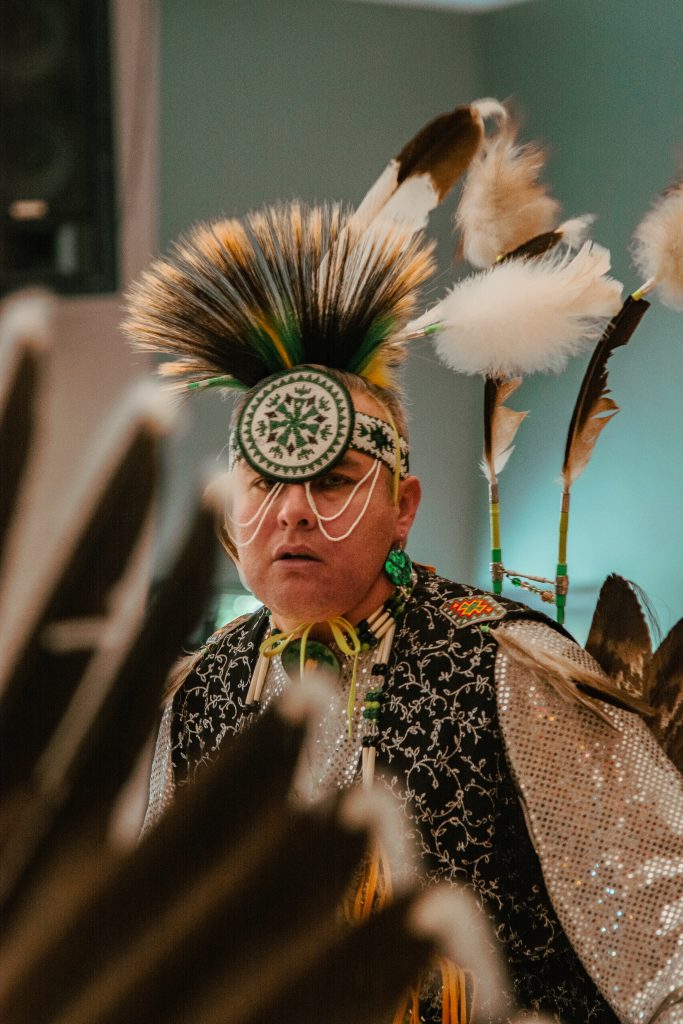
Another group that was honored during the day was the young women who were running for Miss Grand Ronde — a royalty pageant held annually in Grand Ronde, Oregon. These girls took turns introducing themselves along with what they would be running for in their upcoming competition.
Outside of the pageant contestants, another young girl who received special recognition during the event was named Rhianna, as she was moving from the youth category to the teen category. To mark this occasion, her family went up before the group and spoke a few words about their daughter and the young woman that she is becoming. Rhianna is a 7th grade student with a 4.0 GPA. She has also recently gotten into leatherworking, and her family is very proud of her.
As a gift, Rhianna’s relatives had taken time to make her a new outfit for her time in the teen category, and they also gave gifts to the head drum and to Multicultural Student Union for their role in honoring their daughter.
After all of these special agenda items were acknowledged, the dancers readied themselves for the numerous phases of competition ahead of them. While there were certain times that all of the dancers took to the floor together, the majority of the dances were competition-based — groups of tiny tots, youth, teens, women or men competing against others within their own category.
This type of pattern continued throughout the day, with dancers competing from 12 p.m-12 a.m with only a two-hour break for dinner. Then, at 7 p.m., the Second Grand Entrance commenced — with repetitions of the ceremonial songs and the honoring of the veterans. And, once again, the dancers competed by category for a number of prizes that were given to the winners.
While much of this activity took place within the Pacific Room, there were also a number of vendors spread throughout the lower level of the WUC, selling traditional Native American garments, jewelry and more.
One vendor who wanted to send a message through her clothing was Rowena Jackson, an enrolled Klamath tribal member and vender from Eugene, Oregon. Jackson’s booth primarily sold graphic tees of her own design — ones designed to make a powerful statement.
“It’s my newspaper on a t-shirt,” said Jackson, expressing her hope to communicate injustices to the people around her.
“You know the current president… how he works — just wants to sign everything away and it’s all about money. ‘Who cares about the environment? Who cares about the fish in the water? Who cares about humans eating healthy food?’” said Jackson.
Among the issues that Jackson hoped to bring to light were the pipeline the government is looking to build near Coos Bay, breaking treaties with the Native American people and ignoring the missing and murdered indigenous women who haven’t received justice.
“We’ve been stomped on, and when we get back up we get stomped on again. But we keep rising,” said Jackson.
Contact the author at howlnews@wou.edu
Photos by Ashlynn Norton (top) & Paul F. Davis (bottom)


